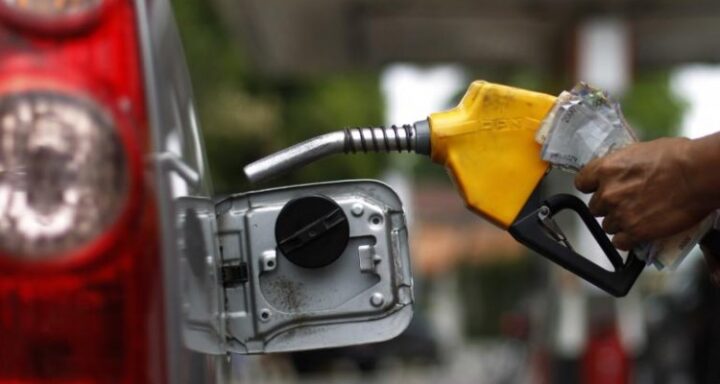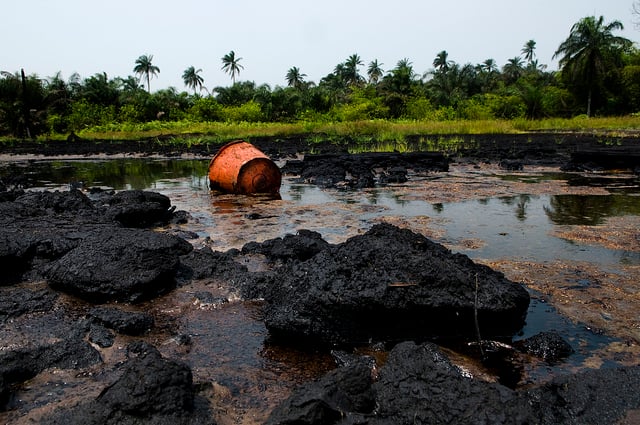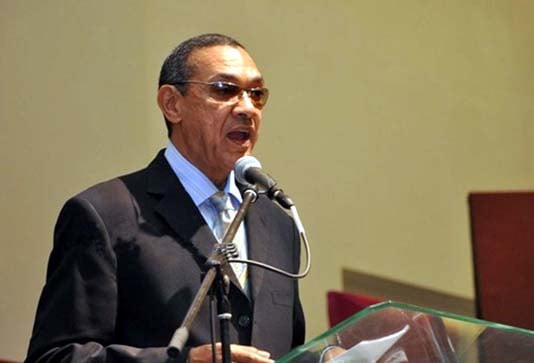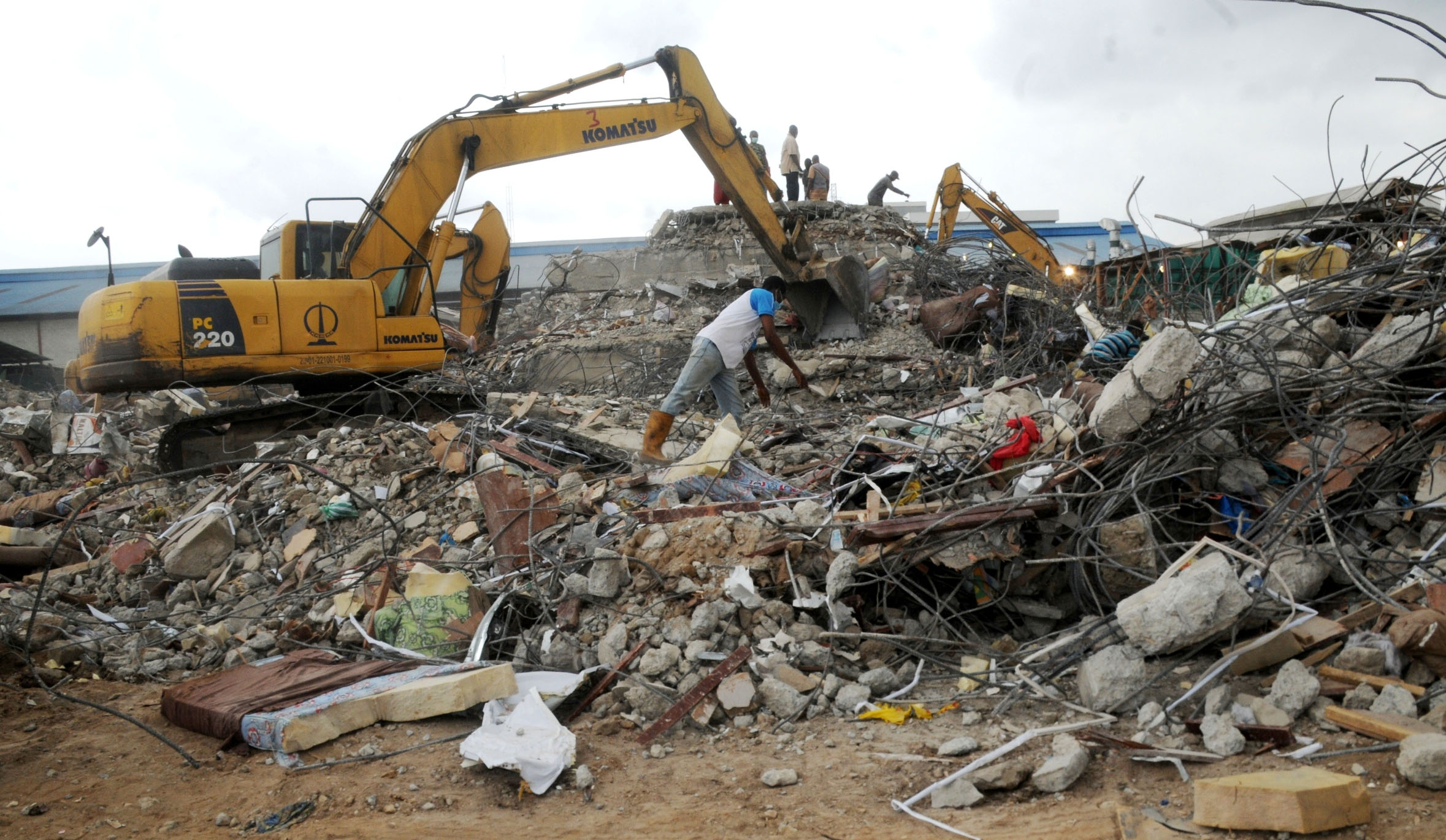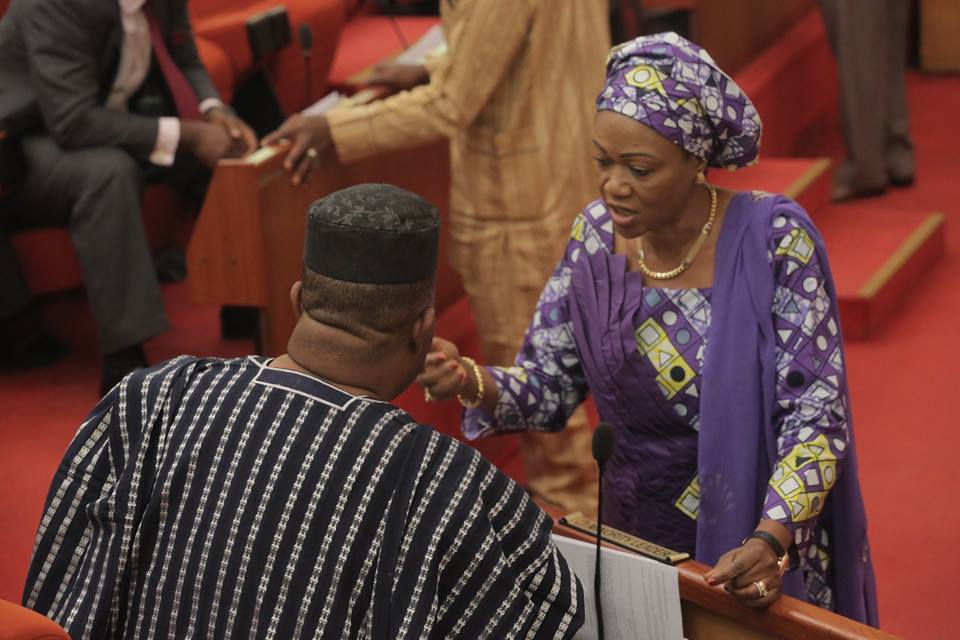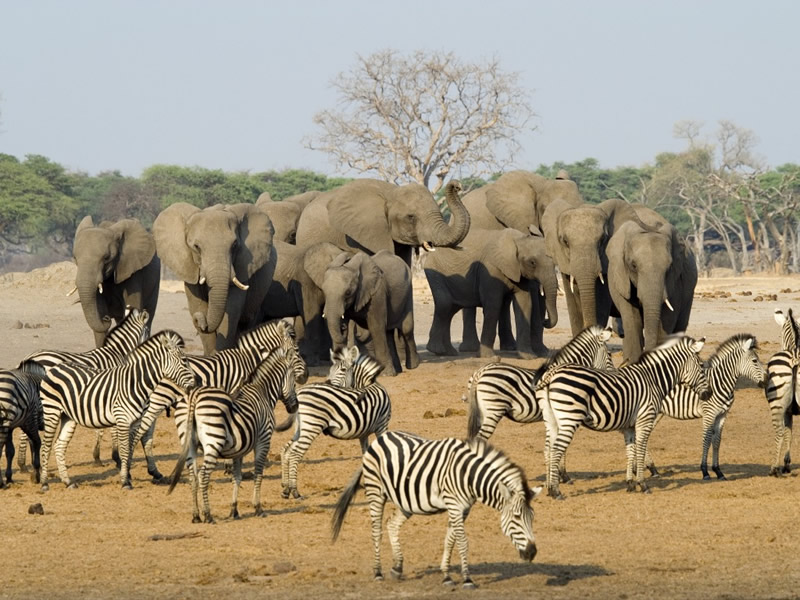It’s funny how good news to one is bad to another. Crude oil prices are rising on the international market, hitting an all-year high of $48 per barrel. But this also means the price of petrol will rise accordingly.
Based on the Petroleum Products Pricing Regulation Agency (PPPRA) template as at April 29, 2016, the total cost of a litre of petrol is N99.38.
The PPPRA and the federal government are insisting that the price of petrol will not be modulated to the current price – N99.38 – but will remain subsidized at N86.50 per litre.
The government claims this is not the return of subsidy, that the amounts to be paid to keep the price at N86.50 rather than N99.38 will be from over recovery – monies made at the time when petrol sold below N86.50 – in the first quarter of the year.
Advertisement
SUBSIDY, AND ALL ITS EVILS, MAY BE BACK
We know that paying less than you should pay for a commodity is subsidy. That commodity is being subsidised, and so is our petrol, from the start of business in April.
This means all the shady practices in oil dealings may be back with us. Oil marketers may import 100 million litres of petrol, and claim to have imported 700, and bribing a few people may get them subsidy for fuel not imported.
This also encourages diversion of petrol to neighbouring countries. An oil marketer may bring in 200 million litres of fuel, get subsidy of N2.5 billion (N12.88 on every litre), and divert the fuel to Cotonou to sell at N99.38 or more – making N2.5 billion for no value to the Nigerian people.
Advertisement
Ibe Kachikwu, state minister for petroleum resources, says it will literally take “a whole army” to stop diversion of petrol, and we do not have that yet.
Nigerians have come to a point where the people feel subsidy enriches the rich, and does not get to the target masses. But this price modulation system seems to be subsidy redefined.

